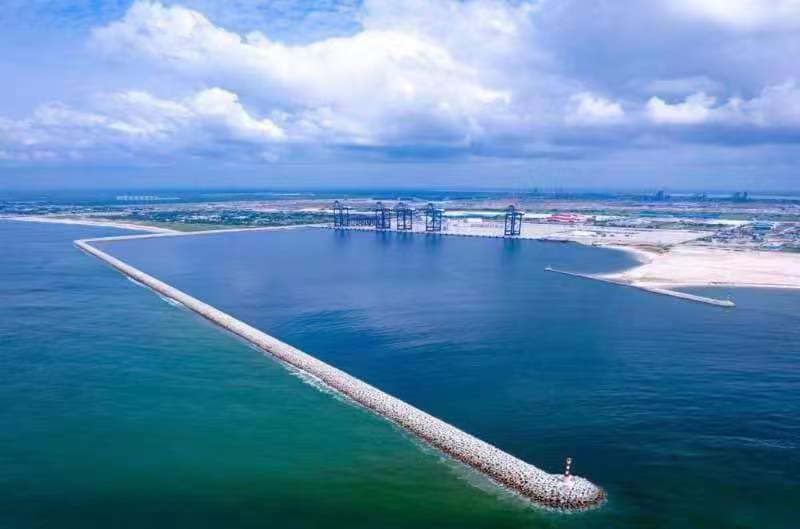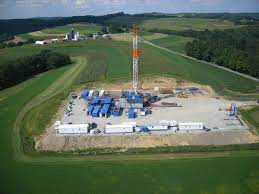Chinese and Nigerian companies have completed the construction of Lekki Deep-Sea Port , one of world’s most modern deep-sea ports.
Lekki Deep Sea Port by the Nigerian Ports Authority ; LPLEL is a joint venture enterprise owned by a group of investors led by the Lekki Port Investment Holdings Inc (comprising China Harbour Engineering Company Ltd. and Tolaram Group), the Lagos State Government and the Federal Government of Nigeria through the Nigerian Ports Authority (NPA).
Lagos State Governor Babajide Sanwolu expressed his gratitude to the Chinese government for its support of Nigeria’s infrastructure, and praised Chinese enterprises for completing the project construction efficiently and on schedule.
“The benefit of this project and the benefits to our citizens can be left better imagined, providing jobs for close to 200,000 people with direct and indirect jobs in the next couple of months ahead.
In addition, we can see the figure adding tens of billions in dollar revenue to our country and to our state and to the host community in taxes and revenue,” said Babajide Sanwo-Olu, state governor of Lagos.
Chinese Ambassador to Nigeria Cui Jianchun said Lekki port and the Lekki Free Trade Zone could work together to spur economic development.
“This is very, very important for Lagos State and also it is very important that I categorize here the deep sea port as a gateway for Nigeria. So Nigeria now through this maritime road can build with the Chinese Belt and Road Initiative. I think that is very, very critical for Nigerian commodities to go to the international market,” said Cui. The new port has two container berths, which can berth the world’s largest Panamax cargo ship.
The main objectives of the Global transport policy belongs the limitation of the negative environmental impact from ports. The new port of Nigeria has improve all aspects to save energy and limit CO2 footprint according to the Government.
“President Muhammadu Buhari had previously emphasized the need to diversify and decentralize power supply. With the COVID-19 pandemic causing economic fallouts, implementing off-grid solutions like solar power became the best route,” asserts Vice President Yemi Osinbajo.
“Through renewable solar power, we can cross off several goals at once – provide accessible power supply, while creating jobs for thousands in the solar industry and those looking to join in.”
The nation a target of generating 30% of its energy mix from renewable sources by 2030. According to the vice president, the renewable energy projects would advance Nigeria’s commitment to global best practices and cleaner energy in line with The Paris Agreement on climate change.
Discover more from Green Innovation News
Subscribe to get the latest posts sent to your email.





